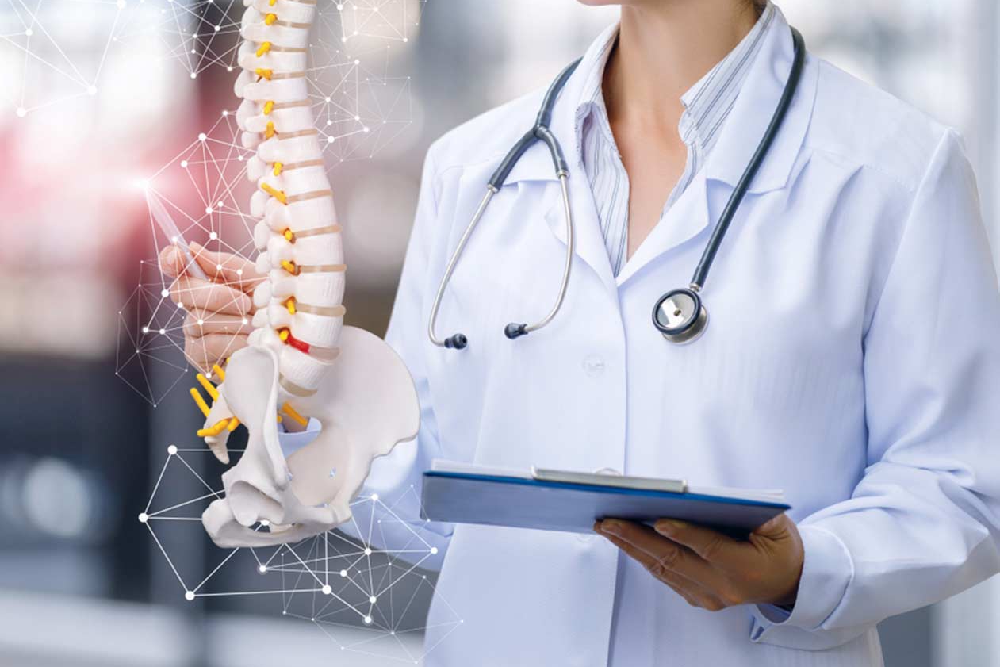
Dr. Kruba Ganesh, Orthopaedic and traumatology specialist at Bloom Healthcare, talks to us about osteoporosis – a bone-related problem that affects women in particular, and what we can do to keep our bones healthy.
Osteoporosis, which means “porous bone” is a bone disease due to which the bones become weak. As a result, the bone may break result from even bumps and falls.
Women in particular are most vulnerable to osteoporosis, particularly after they experience menopause. Every individual’s calcium metabolism is determined by their body’s rate of calcium and bone development and depletion. For women, calcium metabolism is closely interlinked with her hormonal balance and menstrual cycle. For every bone cell that depletes, newer ones replace them. After menopause, women experience a major change in hormonal secretion, which ultimately causes cell replacement to deteriorate – thereby making them more vulnerable to osteoporosis than men. The older women get, the more fragile is the bone structure, and the more serious that repercussions are upon minor injuries.
While Osteoporosis is often the symptom of ageing, it may also occur at an earlier age due to hysterectomy. A hysterectomy is a surgical procedure that involves removing a part of or whole of a woman’s uterus. A woman’s body and hormonal balance after a hysterectomy tend to become like that of a post-menopausal individual. As a result, women of relatively younger age groups who have undergone a hysterectomy are prone to developing osteoporosis. Thus, the potential effects a hysterectomy can have on a woman’s bone health is a subject that must be discussed with the consulting doctor before such a surgery.
One of the best ways to address osteoporosis is to ensure that there is sufficient calcium intake, especially through one’s diet. Foods with high calcium content – including dairy products, crustaceans (crabs) and green beans – should be made a regular part of one’s diet. Health drinks can also be a part of one’s routine diet. However, food alone may not be sufficient to ensure adequate calcium supply, so it is important that calcium supplements be taken. The quantity, type and frequency of dosage of supplements should fixed after consultation with the doctor. This is because the doctor needs to understand the person’s specific calcium requirements and your body’s metabolism so as to prescribe the right balance of supplements.
An important factor that affects our body’s calcium absorption is our store of vitamin D. Vitamin D is produced by our body when our skin is exposed to sunlight. However, most people (over 80% of the Indian population) is vitamin D-deficient. Taking walks in the morning and allowing our skin to benefit from the sun’s rays is one measure. Adding foods such as fatty fish (salmon, mackerel and tuna), egg yolks, cheese, mushrooms, and milk can also help to some extent. In cases where the deficiency is severe, supplements have to be prescribed – but such supplements should be taken only after undergoing the required tests and on advice from the doctor.